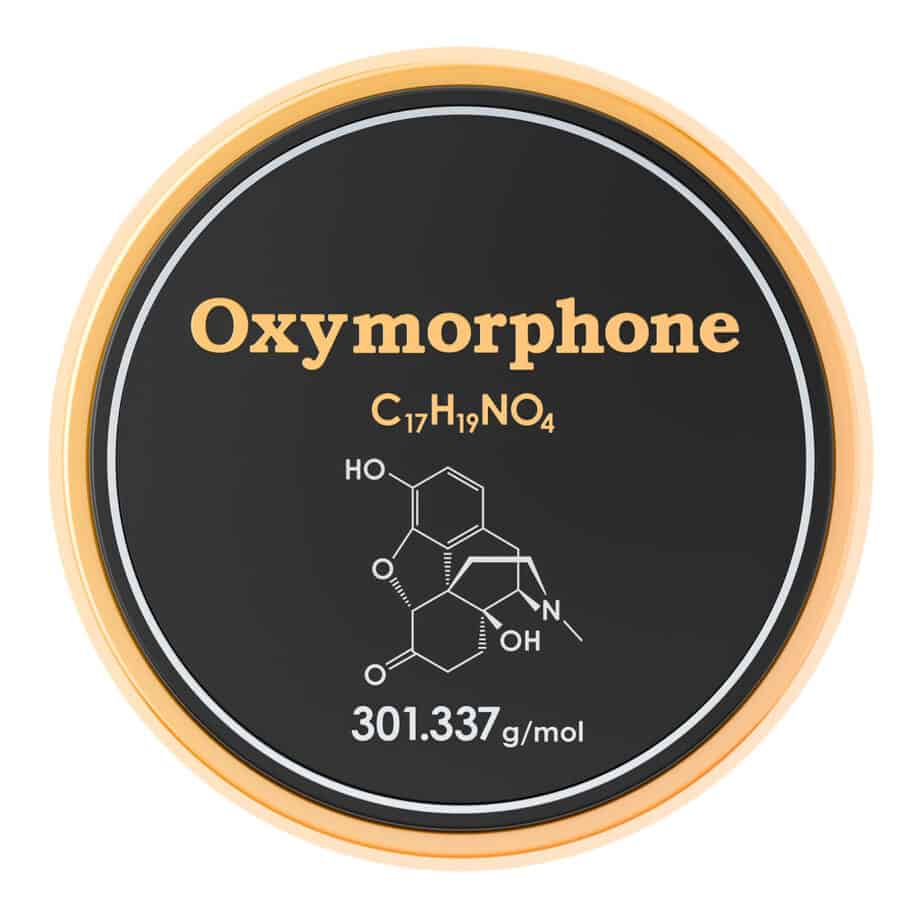Tennessee Attorney General Herbert Slatery has filed a lawsuit against Endo Pharmaceuticals, maker of Opana ER. The company claimed that its reformulated drug was harder to abuse, but the lawsuit claims that the company knew otherwise.
Slatery alleges that the company knew that abuse by cutting up or chewing the water-soluble tablets and dissolving them was possible – and becoming a growing problem.
In addition to abuse, Endo’s reformulated drug allegedly causes a rare and aggressive blood disorder when the tablets are dissolved and injected.
Small community clinics may never see a case of thrombotic thrombocytopenic purpura (TTP), and it’s rare to see a case in a larger hospital. When three people showed up at Holsten Valley Medical Center in Kingsport, TN in 2012 with signs of the disease, doctors were alarmed. All three were residents of a rural county in Northeast Tennessee. None of them had histories of the disease, nor did they have underlying infections that might cause the disease. But all of them were IV drug users, and many remembered recently injecting dissolved Opana ER tablets.
The lawsuit claims that Endo predicted, via its own studies, that IV abuse would happen with the reformulated Opana ER, and that the newer version was more susceptible to abuse. The lawsuit also alleges that Endo:
- Knew the reformulated Opana ER could be cut up to release the whole dose at once
- Continued to market the drug as safe despite knowing of the rare blood disorder, overdoses and deaths
- Was told by the FDA that its claims about the drug were misleading and may put the public’s health in jeopardy
It is alleged that Endo wanted its own version of OxyContin. When the company’s higher-dose version of Percocet could not compete, it made the tablet version of Opana ER, which is twice as potent as OxyContin. Endo reportedly developed a business plan in 2007 that was more aggressive than Purdue Pharma’s, maker of OxyContin. According to the lawsuit, the company aimed to get their pills in the hands of high-volume, high-dose prescribing doctors who weren’t happy with Oxycontin’s abuse-deterrent formula.



